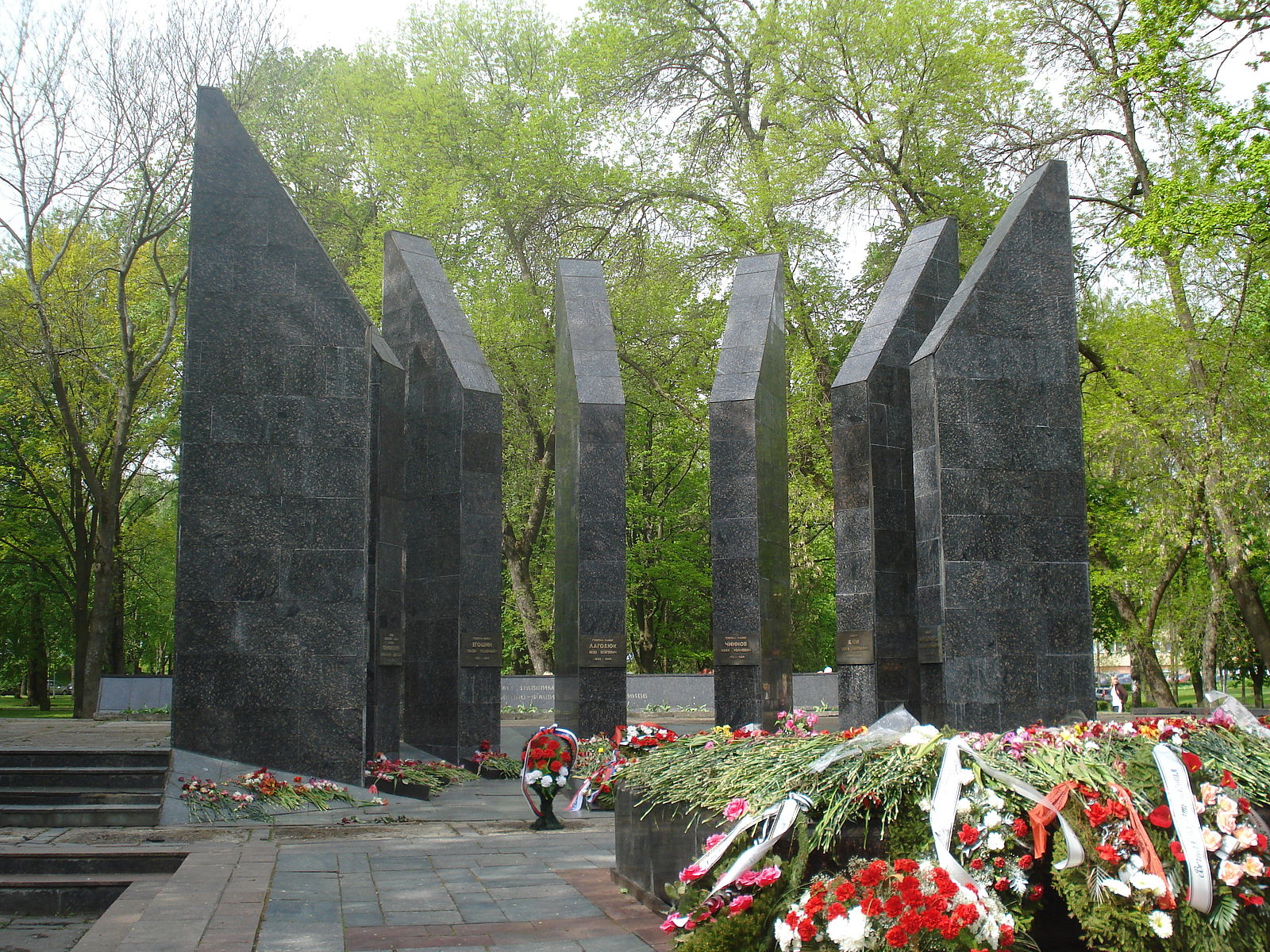
Since Russia annexed Crimea in 2014 and conflict erupted in eastern Ukraine, Baltic geopolitical tensions have reignited fears among ethnic Russians, who with many feeling that their linguistic and cultural rights are under threat of marginalisation. The policies implemented by the Latvian government to strengthen the national fabric, particularly emphasising the use of the Latvian language in public spheres, have heightened concerns among Russian speakers. Access to education, government services, and employment opportunities has become a source of apprehension, as the measures may inadvertently sideline the cultural heritage of Russian speakers.
Latvia, a Baltic state with a rich history, has a sizable ethnic Russian population, a legacy of the Cold War era when the country was part of the Soviet Union. Since gaining independence in 1991, Latvia has sought to establish a distinct national identity, emphasising the Latvian language and culture. Unwittingly, this has resulted in the country to make strides in offence to the existing Russian culture. As part of a long-winded de-Russification effort, the Latvian parliament has passed a spate of laws that reduce Russia’s influence over the small nation, adding to the already existing attempts to remove Soviet-era monuments and proposed renaming of streets that celebrate Russian culture. Notably, Latvia has even taken decisive steps to distance the Latvian Orthodox Church from the Russian Orthodox Church and has prohibited certain Russian TV broadcasts. Furthermore, there is contemplation of reinstating mandatory military service, which was abolished in 2006, a few years after Latvia’s accession to NATO and the European Union.
The most substantial modifications, enshrined in recent legislation, include the imminent removal of the Russian language from regular school curricula and the establishment of Latvian as the sole language within the education system. The Baltic country’s parliament adopted a law last year that aims to make Latvian the sole language of instruction by September 2025. Additionally, the use of Russian has been prohibited in airports, train stations, and various commercial establishments. Over the upcoming three years, a comprehensive shift is underway, mandating all schools and kindergartens in Latvia to adopt Latvian as the primary language of education, marking the end of what analysts have characterised as a segregated educational system. Russian, once a prominent language associated with the business class during Soviet times, is now slated to assume a more niche, personal role. Notably, schools are actively discouraged from imparting Russian as a secondary foreign language. These changes have sparked widespread debate and discontent among the Russian-speaking population in Latvia. Thirty-six percent of people in Latvia speak Russian, while a quarter of the population identifies as ethnic Russian, not all of whom are Latvian citizens. Critics argue that the elimination of Russian from school curricula could lead to the marginalisation of ethnic Russian students and hinder their academic progress.
The legislation adopted last year, which sets a deadline for Latvian to be the exclusive language of instruction by September 2025, has faced criticism both domestically and internationally. Human rights organisations and diplomatic entities have urged Latvia to consider more inclusive approaches that respect linguistic diversity while upholding democratic principles. UN human rights experts have criticised Latvia’s move to make Latvian the only language used in schools, saying it could amount to discrimination against minority groups in the country. Three UN Special Rapporteurs released a statement saying the efforts were “in contradiction with international human rights standards, including the prohibition of discrimination on grounds of language and the UN Convention on the Rights of the Child.”, claiming that “The Government of Latvia has an obligation under international law and regional instruments to protect and uphold the language rights of the country’s minority communities, without discrimination”. The European Union, of which Latvia is a member, has also urged the Latvian government to uphold democratic values and ensure the protection of minority rights, emphasising the importance of fostering a harmonious coexistence between different ethnic groups within its member states. In response to criticisms, the Latvian government asserted that its actions were in accordance with international agreements and framed the move as part of a longstanding ‘de-Russification’ initiative. Latvian Foreign Minister Edgars Rinkēvičs defended the government’s stance, stating that children and students retain the right to study minority language and cultural history within interest-related education programs, with funding provided by the State and local governments.
As the Baltic region grapples with resurgent geopolitical tensions and cultural identity struggles, Latvia finds itself at the forefront of a contentious debate over language policies and minority rights. The ongoing ‘de-Russification’ efforts, manifested through legislative changes and policy implementations, have triggered both domestic discontent and international scrutiny. The push for a monolingual educational system and the exclusion of Russian from various public spheres have drawn criticism for potentially marginalising the ethnic Russian population. The question remains whether Latvia can strike a balance that safeguards national identity without compromising the rights and heritage of its Russian-speaking citizens. As Latvia moves forward, the challenge lies in crafting a solution that upholds democratic values, protects linguistic diversity, and fosters a harmonious coexistence among its diverse ethnic communities. The outcome of this struggle will not only shape the future of Latvia but also contribute to the broader discourse on cultural inclusivity in Europe.
Image: Memorial to the Soviet Soldiers in Daugavpils by Alma Pater, 23 May 2008 // CC BY-SA 3.0 DEED



Average Rating